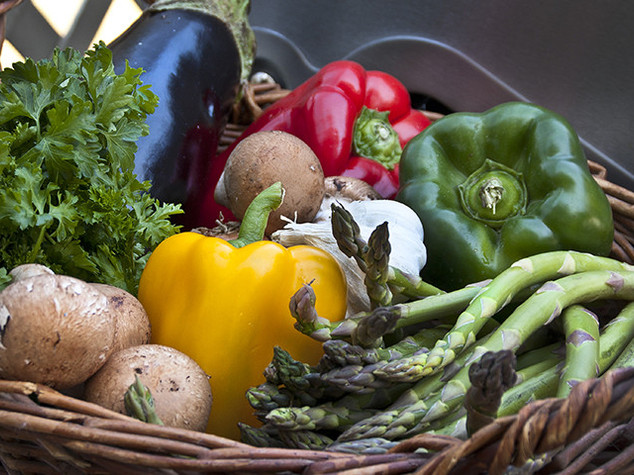Russia's embargo on Italian agrifood worth 10 billion euro

Rome - The opening of a dialogue with Russia has been to set the ground rules for putting an end to the trade war that has caused an estimated loss of over 10 billion euro for Made in Italy exports. This estimate was made by Coldiretti [Italian Farmers' Association] and released to coincide with Italian President Sergio Mattarelli's visit to Moscow. The Italian president held talks with Russia's Prime Minister Vladimir Putin, 2 years and 8 months after the total embargo on major agrifood products began as a response to U.S. and European sanctions.
Coldiretti underlined that agrifood products have been the only production sector to be affected by a total embargo, which Russia imposed as a retaliation to European sanctions. Russia, in fact, closed the borders to a list of products that included: fruit and vegetables, cheese, meat and cured meats, as well as fish coming from the EU, the USA, Canada, Norway and Australia. The embargo was subsequently extended over time.
This blockade cost Italian products about 850 million euros, because in addition to the embargo, commercial tensions occurred. This hampered exports of products from sectors such as fashion and automotive, which have very strong Italian branding. In 2016, total Italian exports to Russia dropped by another 5.3 percent, hitting a record low in the past 10 years. Halting imports of fruit, vegetables, cured meats and cheese from Italy caused a boom of counterfeit 'Made in Italy' products in Russia, ranging from 'Italia salami' to 'Casa Italia mozzarella', 'Buona Italia salad', 'Unagrande' Robiola cheese, 'Milano mortadella', and parmesan or burrata totally 'Made in Russia'.
Coldiretti highlighted that direct losses deriving from goods not exported to Russia add on to indirect losses due to the damages to the image of the Italian brand and market caused by the dissemination of counterfeit 'Made in Italy' products in the Russian market. According to Coldiretti, the situation has also affected Italian restaurants in Russia due to the lack of main ingredients. "Once again, the agrifood sector has become a bargaining chip in international negotiations, with no consideration for the heavy impact this entails on an economic, occupational and environmental level," said the president of Coldiretti, Roberto Montalvo. He added that this "is an unbearable cost for Italy and for the European Union, which should open a dialogue with Russia.".
.

